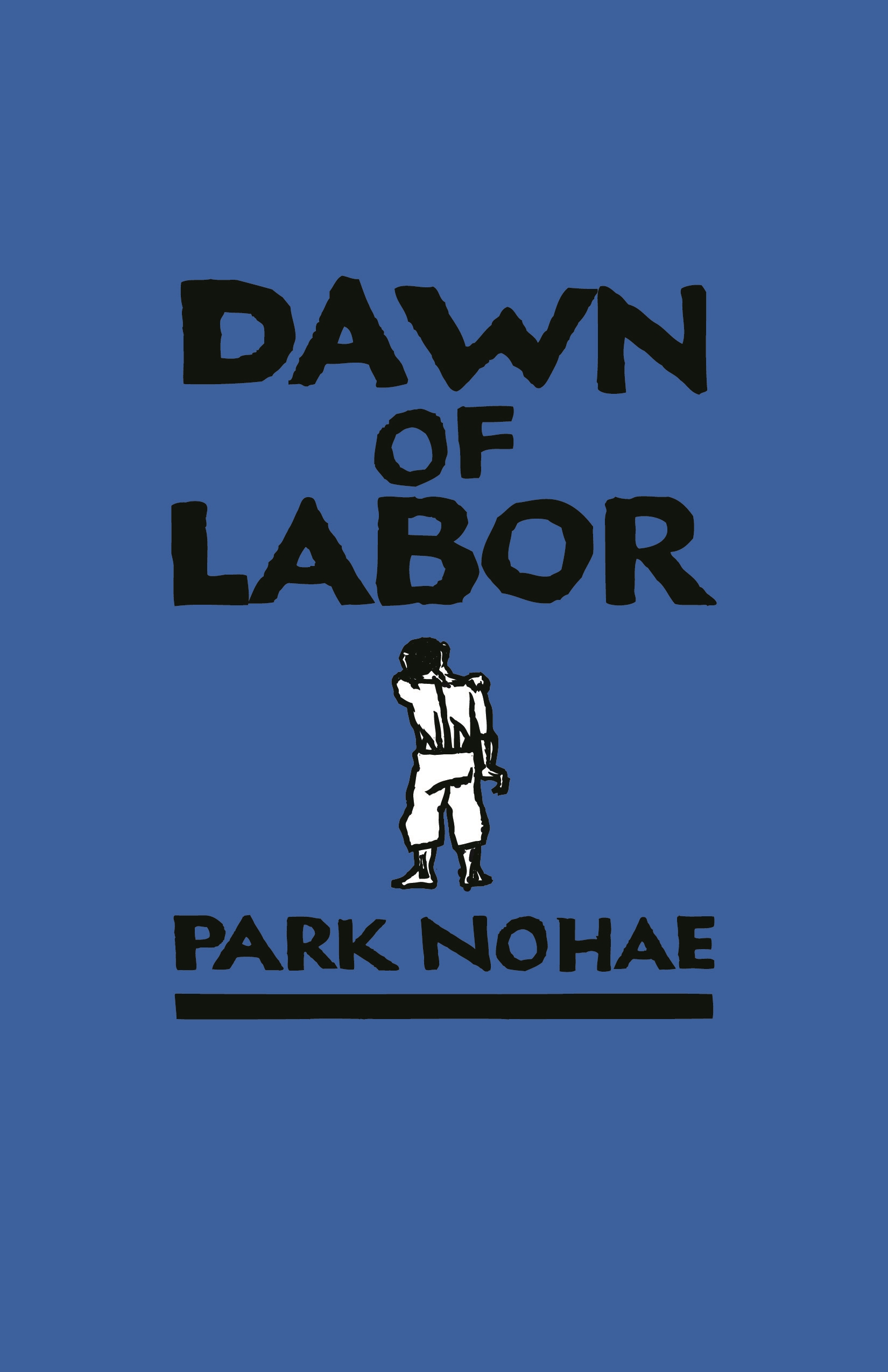Dawn of Labor
- About the Book
-
Dawn of Labor, at last translated into English, is the legendary South Korean poet Park Nohae’s first collection, published in 1984 when he was twenty-seven years old. Despite a government ban, the book sold a million copies and propelled Park Nohae as the generation’s leading resistance poet. Dawn of Labor is an enduring classic that shook a society, transformed lives, and demonstrated the power of poetry.
The war of night labor once over,
I pour cold soju over my aching heart.
Ah . . . I can’t go on like this for long.
For sure, I can’t go on like this.
—“Dawn of Labor”If I ever kill myself, I’ll probably do it at dawn.
—“For a Peaceful Evening”We too want to become heaven.
Not a dark clouded heaven
that presses down,
but a clear blue heaven
over a world that lifts one another.
—“Heaven” - About the Author(s)
-
Park Nohae, Author
Park Nohae is South Korea’s most acclaimed activist poet. Dawn of Labor, his first poetry collection, was published in 1984.Cheehyung Harrison Kim, Translator
Cheehyung Harrison Kim is associate professor of Korean history at the University of Hawai‘i at Mānoa.Brother Anthony, Translator
Brother Anthony of Taizé, who also goes by his Korean name An Sonjae, is a literature scholar and translator and is professor emeritus of English language and literature at Sogang University in Seoul.
- Reviews and Endorsements
-
- What does it mean to read Park Nohae’s poetry today? And to read it in English? From our historical distance, we have knowledge of Park’s future. He cannot help but appear to us today as a heroic individual, his anonymity removed, the death sentence averted. Park’s biography is compelling, but the poems are even more so. We should read his poems less as a historical document than as part of an ongoing conversation and struggle. The dream of a new land continues, as does the struggle.
—Janet Poole, University of Toronto - This translation of Park Nohae’s first collection of poems, Dawn of Labor, could not arrive at a more propitious moment. For this “faceless poet,” this “enemy of the state,” whose writings earned him a death sentence and years in solitary confinement, is not only a legendary figure in Korean letters and society but a prophet of global liberation—a man dedicated to the proposition that a community of kindred poetic spirits can inspire social justice. If the plight of factory workers makes him “think about the eradication/ of the Korean language,” it also leads him to “dedicate these words, like a round of drinks, to [his] working brothers and sisters, who live and act diligently without losing hope and laughter.” These poems clarify what we most need to know, wherever we may find ourselves in the world.
—Christopher Merrill, author of Self-Portrait with Dogwood - Park Nohae’s Dawn of Labor is a love song, poetry of witness, and rallying cry—full of yearning, solidarity, and hope uplifting laborers and reaching for new futures as the struggle continues. Incandescent, tender, and moving, Park’s poems are beacons, and this translation brings new light to the monumental impact of his book’s first publication and our path ahead. Singing in these pages, through the gift of Park's language, the dream of liberation lives on and may help us live freely together.
—Joseph Han, author of Nuclear Family
- What does it mean to read Park Nohae’s poetry today? And to read it in English? From our historical distance, we have knowledge of Park’s future. He cannot help but appear to us today as a heroic individual, his anonymity removed, the death sentence averted. Park’s biography is compelling, but the poems are even more so. We should read his poems less as a historical document than as part of an ongoing conversation and struggle. The dream of a new land continues, as does the struggle.





